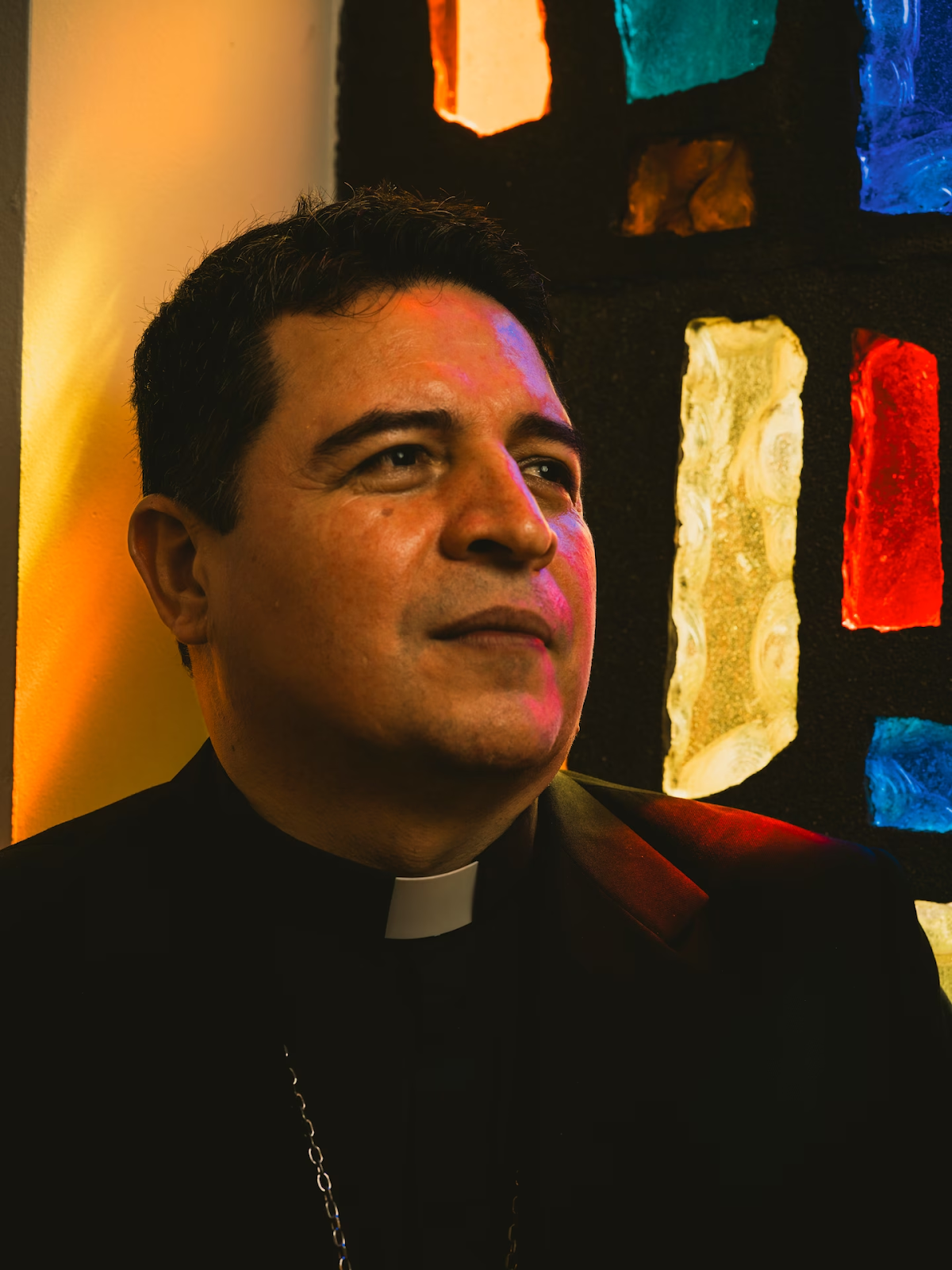Our daughter Kelly and hubby Chris live in Bayfield. Colorado,
a small town about 15 miles east of Durango.
On Thursday of last week, their 16-year-old cat Capone was
lounging on the enclosed patio on the back of the house. Even though the area
is enclosed, three rattle snakes managed to slither through, and two of them
bit Capone.
Fortunately, Chris was home at the time, and quickly rushed Capone to the local vet, where he got two shots of anti-venom medicine, and he also got hooked up to some I.V. tubes.
The bite temporarily caused some partial paralysis, but he did
not get worse. The vet advised that further treatment would have to be done in
Denver if things did not improve. Since Denver is a 5-hour drive, it would not
be practical for a 16-year-old cat.
Because the vet is closed on weekends, they brought the cat
home and set up a mattress on the living room floor, and both of them slept
next to him on the floor.
On Saturday morning, they woke to find that Capone was
missing. He apparently decided that he was cured, and he managed to climb the
stairs to the second floor all by himself.
When Kelly’s mom heard the initial news about the bits, she quickly requested prayers
on the Next Door website, and she got over 200 responses.
So, here’s a question for you.
Do prayers work?
According to Psychology Today, they don’t, but the closing
paragraph of the article below provides a good summary:
“Despite
all of the evidence showing that prayers don’t work in the way they're
intended, prayer is still what most humans do when there’s nothing left for
them to do in dire, scary, or painful situations. And if it does provide them
with even a modicum of comfort and hope during such times, so be it.”
Not everyone believes in prayer – and that’s fine. For those
folks who don’t, though, I would recommend listening to the song below:
ANDY WILLIAMS The village of ST BERNADETTE 1959 ( Lourdes )
- YouTube
Closely related to the topic of prayer is the power of positive
thinking.
Norman Vincent Peale released the book “The Power of Positive
Thinking” in 1952.
Again,
though, the “experts” are wrong. Virtually every athlete you can think of, as
well as almost all the politicians you can think of achieved what they did
because they believe in the power of positive thinking.
This
morning’s Washington Post contained a story about an individual who accomplished
a lot from positive thinking. His name is Evelio
Menjivar-Ayala, and his story can
be found at the link below:
https://www.washingtonpost.com/opinions/2023/07/24/bishop-menjivar-undocumented-el-salvador-catholic/
Here’s
the short version of this story:
On the second, his guide turned back in
Guatemala.
On his third, he once again was
apprehended in Mexico and landed in jail.
Evelio
Menjivar-Ayala’s next option, maybe his only one, was to risk a more desperate
gambit.
After
two days in detention, Menjivar, his brother and two cousins paid a mordida — a bribe — to get released.
Then, by arrangement with a trafficker, they stuffed themselves into the trunk
of a car driven by an elderly American.
When they felt the car stop and heard
the man crank up the music on the radio, it would be their signal to remain
still and silent.
That
is how they got past the teeming port of entry at San Ysidro, Calif., between
Tijuana and San Diego. The four young men spent hours in that trunk before
reaching Los Angeles, where Menjivar’s sister and a new life were waiting.
In a mountainous village in El
Salvador, his mother, who had been lighting prayer candles for their safety,
offered up a Mass of thanksgiving.
Undocumented,
knowing no English and with only a spotty ninth-grade education, Menjivar grew
into adulthood doing pretty much any job he could get — construction,
janitorial work, painting — sometimes at the mercy of bosses who knew his dicey
legal status meant he would not dare to complain about dangerous working conditions
and wages that weren’t paid.
But he moved forward with a conviction
that God had a path in mind for him, though he had yet to discern what it was
to be.
As
Menjivar told me his story one day, I suggested that, surely, there must have
been times when he doubted Heaven’s hand. “No, I never put my faith in
question,” he insisted. “I mean, faith was what sustained me.”
On Dec. 19, Pope Francis named Menjivar one of two new auxiliary bishops for the Archdiocese of Washington,
which is home to nearly 700,000 Catholics and encompasses the District and parts of Maryland.
“Since my son chose to be a priest, every day I
raised my prayers to ask the Lord to enlighten him, but I never dreamed that He
would choose him as his bishop,” Catalina Ayala told the Catholic Standard. “God heard the prayers of a humble mother.”
Do prayers work?
I know what Emilio Menjivar-Ayala would say.

No comments:
Post a Comment